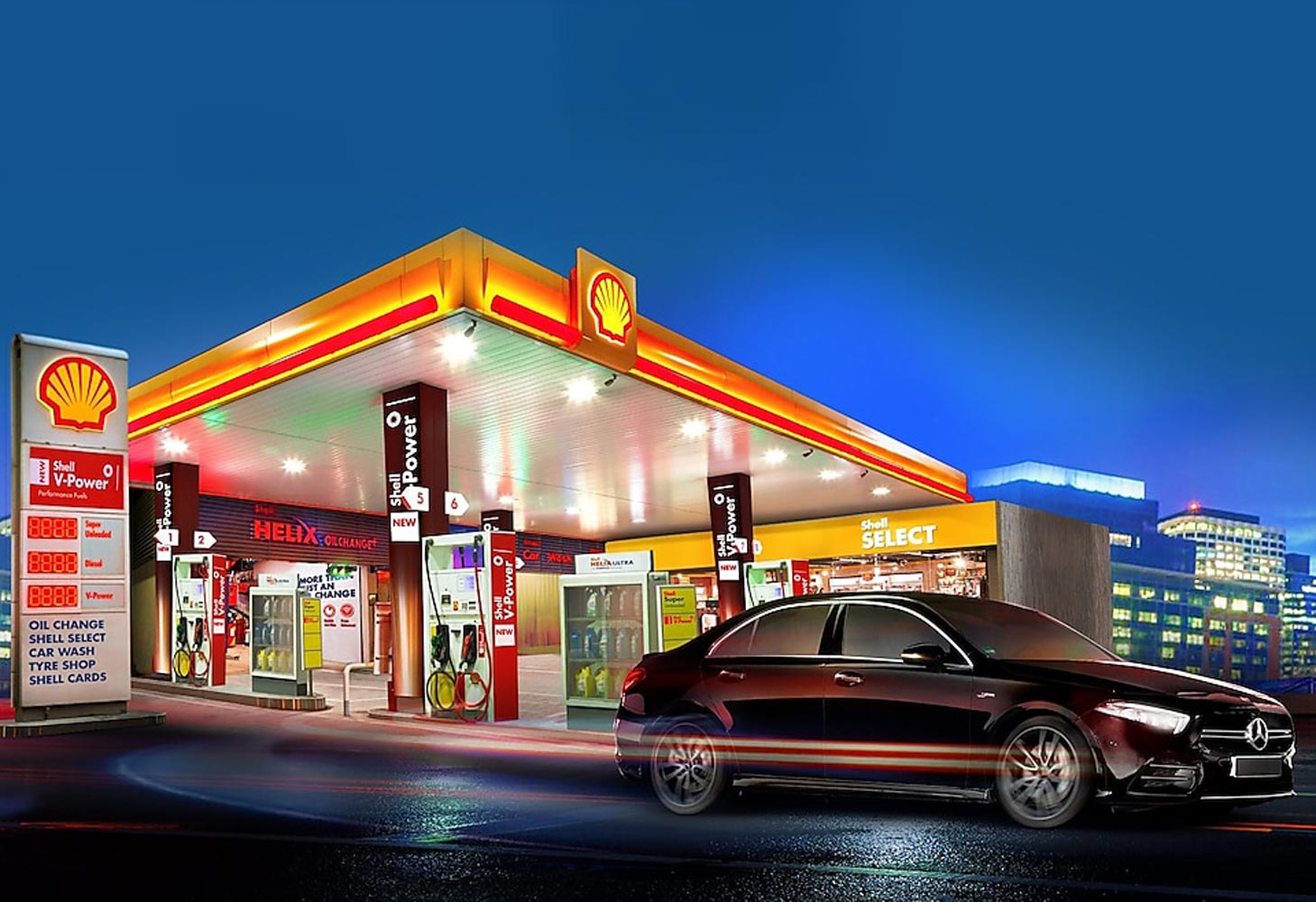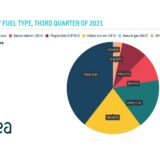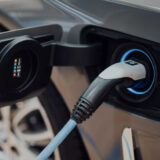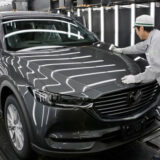
Shell Recharge to set up first electric vehicle charging station in Karachi
Shell Pakistan is set to launch EV charging stations in Karachi, the first of their kind in the city. In collaboration with K-Electric, these stations will be jointly developed.
Playing an active part in the government’s aim to promote the use of electric vehicles, Shell Pakistan Limited (SPL) and K-Electric Limited (KE) have signed a Memorandum of Understanding (MoU), to jointly develop the first three electric-vehicle (EV) charging stations across Karachi and its connecting highways. The locations selected for installing 50 KWH Rapid chargers are; the Shell Defence Filling-Station on Khayaban-e-Bahria, Askari Filling Station at Gulshan Town and Mardan Filling Station at Gadap Town.
Over the next three to five years, SPL and KE will explore the opportunity of additional sites and strategically expand the EV charging network. While SPL will engage in the deployment of charging-station equipment, site preparation, installation and manage its operations; KE will ensure grid enhancement.
Karachi, the largest city in Pakistan, is the country’s premier industrial and financial centre. Karachi is the capital of the Pakistani province of Sindh and the twelfth largest city in the world, with more than 16 million people.
Pakistan approved an ambitious National Electric Vehicles Policy (NEVP) in November 2019 with targets and incentives aimed at seeing electric vehicles capture 30% of all the passenger vehicle and heavy-duty truck sales by 2030, and 90% by 2040. It sets even more ambitious goals for two- and three-wheelers and buses; 50% of new sales by 2030 and 90% by 2040.
On December 22, 2020, Pakistan’s Ministry for Industries & Production announced that the government has approved the country’s electric vehicle (EV) policy for four-wheelers. Under this new policy, only 1% tax will be levied on the import of EV parts for manufacturers. The government also waived the registration and annual renewal fee of EVs for the ICT sector. There will be only 1% sales tax for locally made EVs up to 50kwh and light commercial vehicles up to 150 kwh. The duty on import of charging equipment has now been capped at 1%, while the Federal Excise Duty (FED) already does not apply to EVs. Per the new policy, import of plant and machinery for manufacturing of EVs will not be free of duties.













